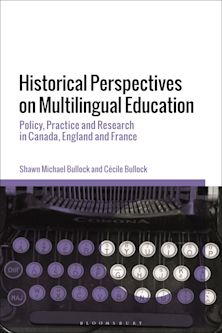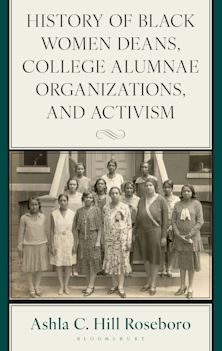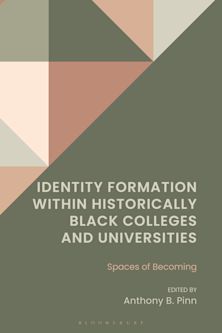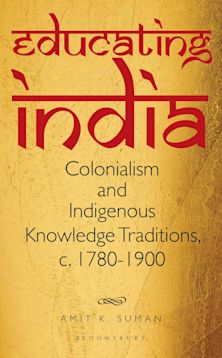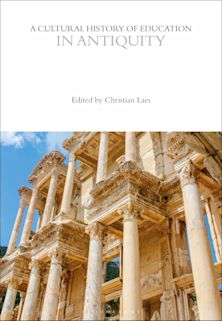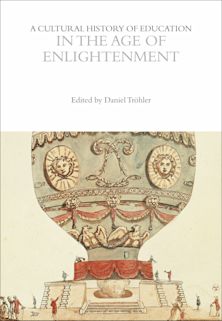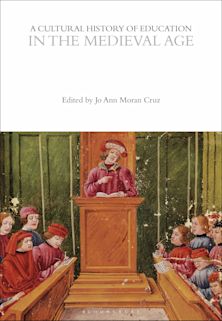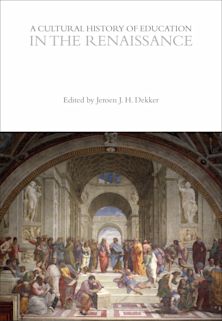The Themes That Bind Us
Simplifying U.S. Supreme Court Cases for the Social Studies Classroom
The Themes That Bind Us
Simplifying U.S. Supreme Court Cases for the Social Studies Classroom
Description
Teaching U.S. Supreme Court cases can be a daunting task for any social studies teacher, but this book can ease that process. Carefully aligned with the NCSS’ Ten Themes, this teacher’s guide provides thirty-two high-interest U.S. Supreme Court cases edited to a more reader-friendly format while retaining the original verbiage. Features of each chapter include pre-reading, during-reading, and post-reading questions, as well as teaching extensions to help students better understand the stories behind the cases, the intricacies of the laws involved, and the effects of the Court’s decisions on American life. This book provides any teacher with viable, useable case law to fit any historical timeframe or unit of study.
Table of Contents
Cases Organized by Big Ideas
Chapter 1- Why Teach Students to Read Case Law in the Social Studies Classroom?
What is an Appropriate Primary Document to Teach?
Connecting Case Law to the “Big Ideas” in the Social Studies Classroom
The Importance of Teaching Disciplinary Reading
The Teacher’s Role in Teaching Case Law
How Cases Were Selected, Prepared, and Edited for this Text
A Note from the Authors
Chapter 2- How to Use this Book
Understanding the Themes of The National Curriculum Standards for Social Studies
Teaching Students to Read a Case
How Cases were Prepared for this Book
A Sample Case
Resources Beyond the Cases
A Note from the Authors
Chapter 3- Culture
Meyer v. State of Nebraska
Brown v. Board of Education of Topeka
County of Allegheny v. American Civil Liberties Union
A Note from the Authors
Chapter 4- Time, Continuity, and Change
Marbury v. Madison
Whitney v. California
Brandenburg v. Ohio
South Carolina v. Gathers
Payne v. Tennessee
A Note from the Authors
Chapter 5- People, Places, and Environments
United States v. Amistad
Kelo v. City of New London
Michigan v. Environmental Protection Agency
A Note from the Authors
Chapter 6- Individual Development and Identity
In re Gault
Loving v. Virginia
Wisconsin v. Yoder
A Note from the Authors
Chapter 7- Individuals, Groups, And Institutions
Korematsu v United States
Adler v. Board of Education of City of New York
Sherbert v. Verner
A Note from the Authors
Chapter 8- Power, Authority, and Governance
Gideon v. Wainwright
Miranda v. Arizona
Tinker v. Des Moines Independent Community School District
A Note from the Authors
Chapter 9- Production, Distribution, and Consumption
Swift & Co. v. United States
United States v. 95 Barrels of Vinegar
Gonzales v. Raich
A Note from the Authors
Chapter 10- Science, Technology, and Society
United States v. American Library Association, Inc.
United States v. Jones
Maryland v. King
A Note from the Authors
Chapter 11- Global Connections
Roper v. Simmons
Medellin v. Texas
Maselenjak v. United States
A Note from the Authors
Chapter 12- Civic Ideals and Practices
Edwards v. South Carolina
Texas v. Johnson
Shelby County v. Holder
A Note from the Authors
Bibliography
Index
About the Authors
Product details
| Published | 15 Jul 2018 |
|---|---|
| Format | Ebook (PDF) |
| Edition | 1st |
| Extent | 264 |
| ISBN | 9798216292364 |
| Imprint | Rowman & Littlefield Publishers |
| Publisher | Bloomsbury Publishing |












